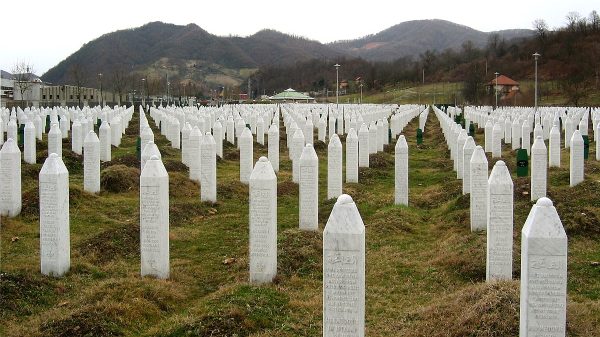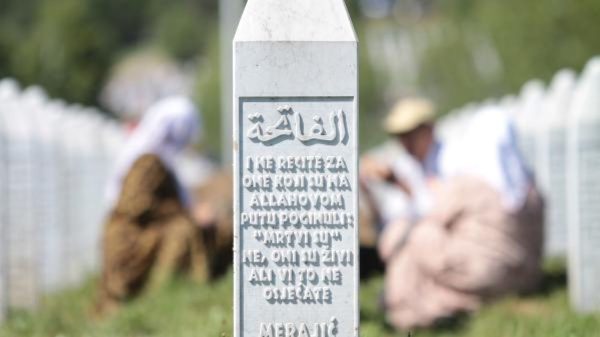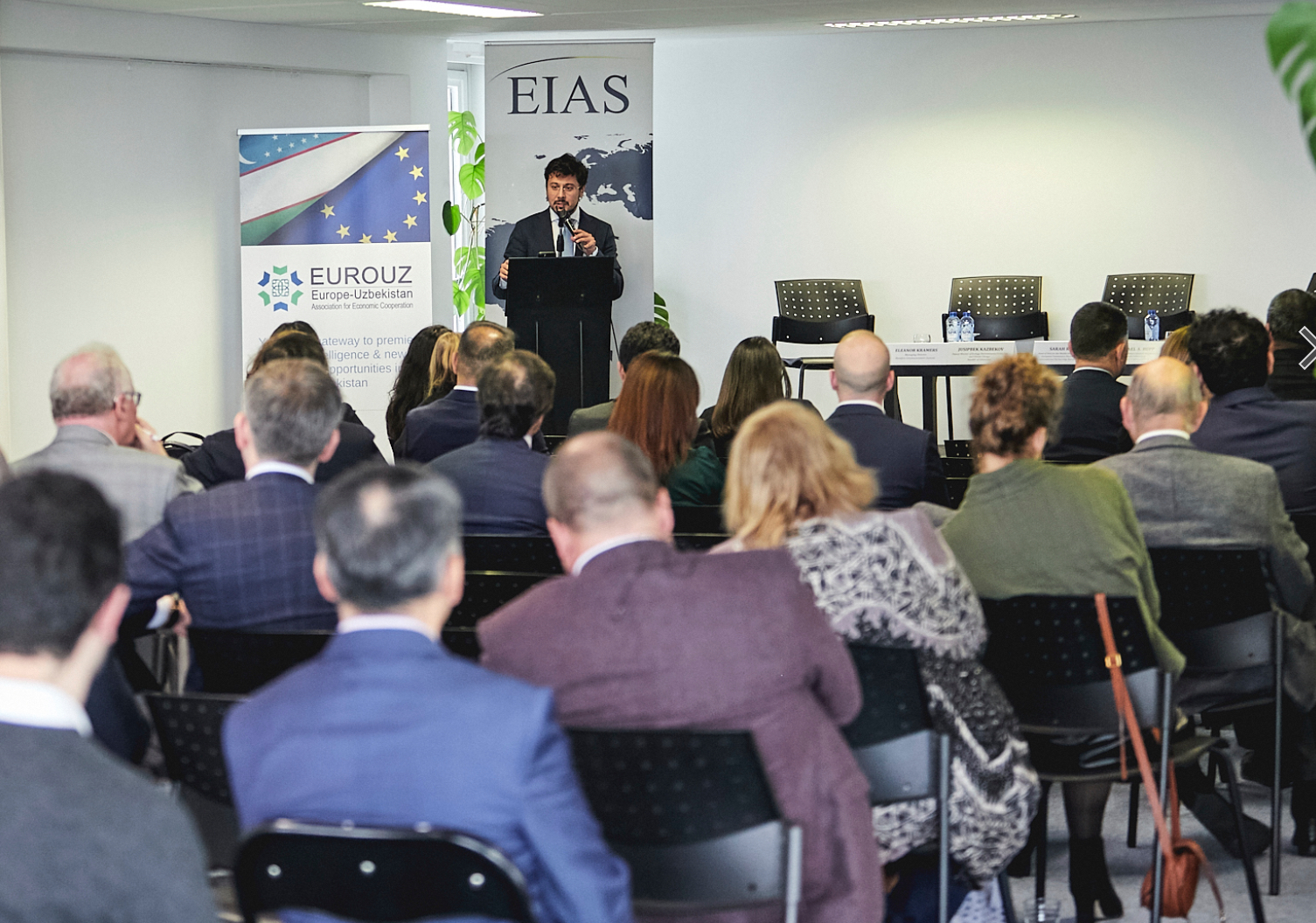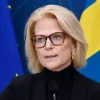The Europe-Uzbekistan annual business meeting has been held in Brussels. It brought together business and political leaders just days after a roadmap for Europe and Central Asia was signed in Luxembourg, at the first-ever meeting of all of Europe’s and Central Asia’s foreign ministers. It’s an exciting time for relations between the EU and Central Asia’s most populous country, writes Political Editor Nick Powell.
The chair of EUROUZ, the Europe-Uzbekistan Association for Economic Cooperation, Klaus Mangold said Central Asia is now much more in focus for Europe. People are looking for a region of peace, growth and stability, a market of 80 million people. He said German exports to Uzbekistan have doubled in the last two years, most importantly of machinery for industrial use.
“Raw materials and an educated people equals industrialisation”, he observed. He told German businesses to go to the Technopark in Tashkent to see what was happening. Uzbekistan has advantages in manufacturing, thanks to its long tradition in textiles, Mr Mangold pointed out. Its workers could follow the path of textile workers in Baden-Württemberg, who had made the move into the technological industry.
The EUROUZ chair called on Germany and Europe as a whole to realise that it had an employment bottleneck, due to an ageing workforce. Young people from Central Asia should be allowed into the EU to train for four or five years and then return home with their skills. It isn’t a problem for Europe, he argued, but an opportunity and EU migration policy must adapt.
Dietmar Krissler from the European External Action Service, recalled the long negotiations on a Sunday night to agree on the roadmap signed in Luxembourg the following day. He said EU-Uzbekistan relations were important beyond the economic perspective. It is an important partner for stability and security and the partnership is an open one. The EU did not expect exclusivity and understood Uzbekistan’s historical relationships, including with Russia and China. He stressed the importance of upholding human rights and the rule of law.
In a video message, the European Commissioner for International Partnerships, Jutta Urpilainen, praised Uzbekistan’s efforts to deepen intra-regional cooperation and transport connections. The country’s Deputy Minister of Transport, Jasurbek Chorlyev, said the attention on the Middle Corridor trade route network in Asia and Europe was about finding the best solutions for exporters and importers. It was essential that Uzbekistan improved its railway network but freight shipment by truck had tripled in the last two years. Customs cooperation and digitisation are also important.
Kodirjon Norov, from the Avesta Investment Group, said Uzbekistan is one of the few countries where it’s still possible to talk about privatisation. There are 620 companies with a government shareholding of at least 85% and so far only small enterprises, such as retail pharmacies have been sold off.
Esfandyar Batmanghelidj, from the Bourse and Bazaar Foundation, described Uzbekistan as a “frontier market”, where EU businesses were not yet the most active investors, who were more likely to come from other post-Soviet states or from the Middle East. But Golib Kholjigitov, from the Foreign Investors Council, said there was growing interest from all parts of the world, including Europe and also China.
Arünas Vinčiünas from the Commission’s DG Trade observed that enforcement of sanctions against Russia had unfortunately become “not a small part” of EU-Uzbek trade relations. However, the European Union’s Generalised System of Preferences meant that two-thirds of Uzbekistan’s exports to the EU were tariff-free. But there is much still to do; so far, only one Uzbek wine has protected geographical status in the European market. “And we have a lot of wine!”, Jasurbek Chorlyev interjected.























